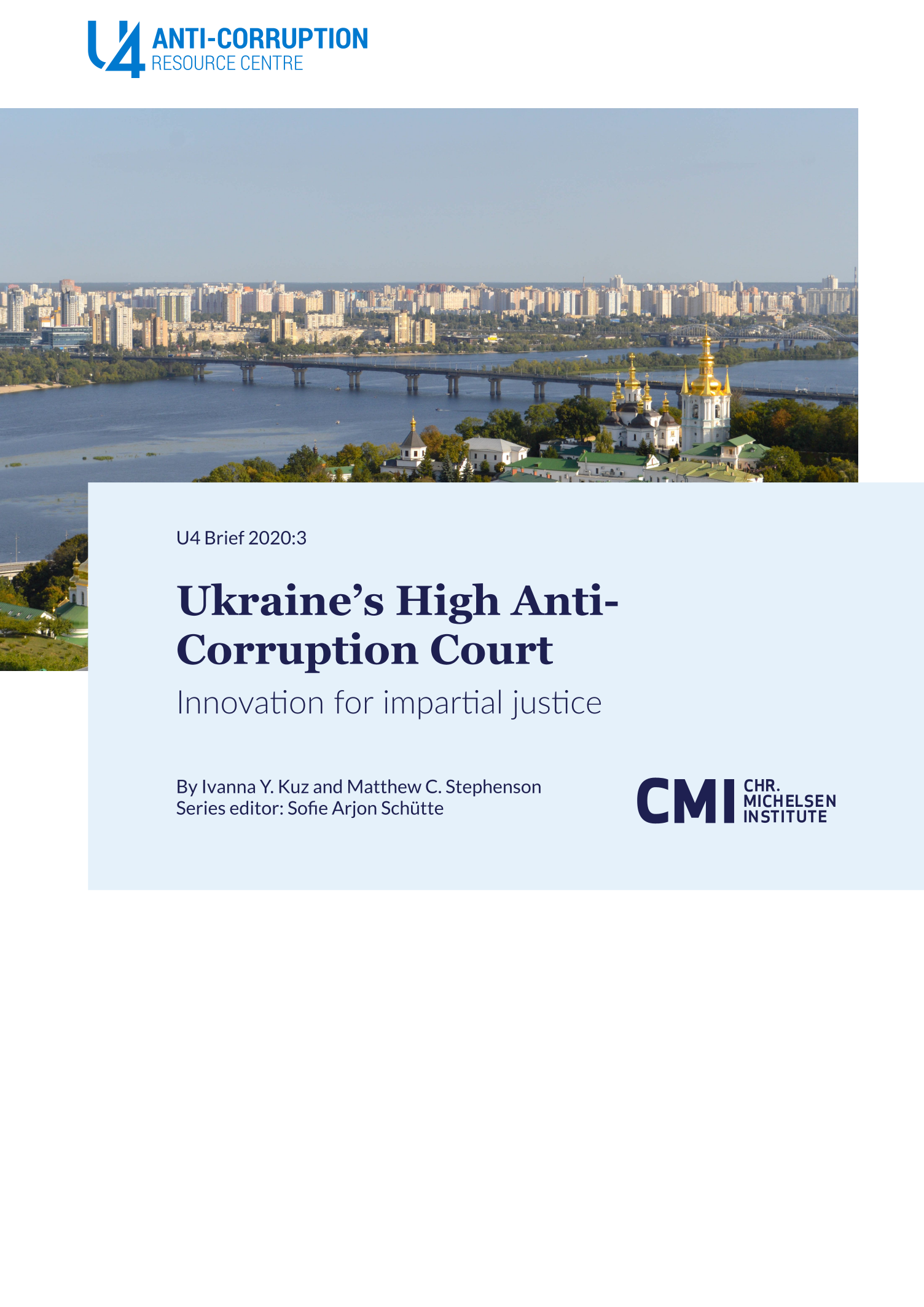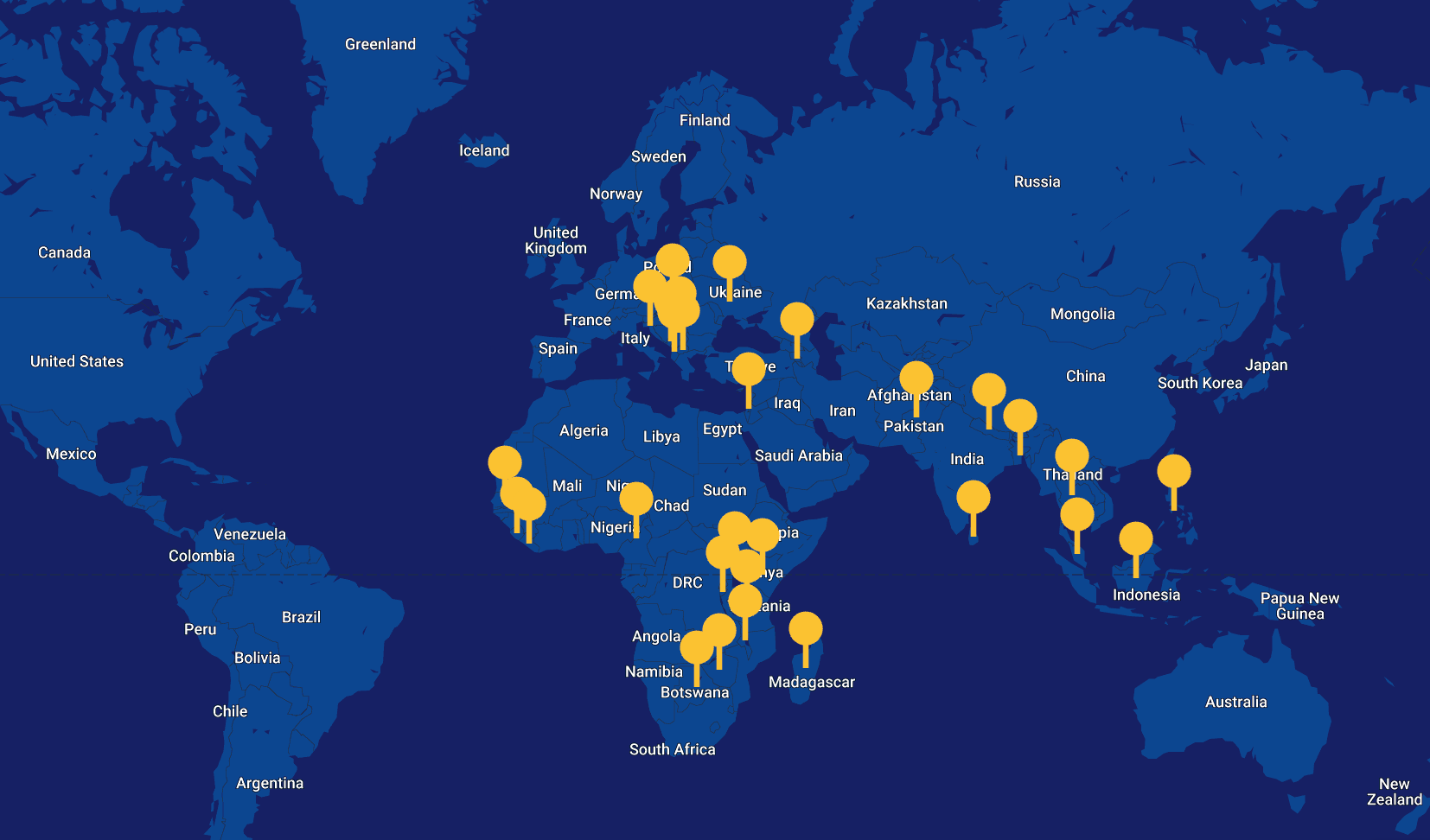Main points
- The HACC was established through the combined efforts of Ukrainian civil society organisations and the international donor community.
- The main arguments for creation of the HACC were the need for greater judicial efficiency, integrity, and independence in addressing corruption cases, especially those involving political elites, and the apparent inability of the regular courts to deliver swift and impartial justice in such cases.
- The HACC’s most distinctive feature is the involvement in the judicial selection process of a body called the Public Council of International Experts, which has the power to block judicial candidates if members of the Council have ‘reasonable doubt’ about a candidate’s integrity.
- While the HACC is off to a promising start, its success will depend on a number of factors, including the quality of work conducted by the investigative bureau and the prosecutor’s office.


